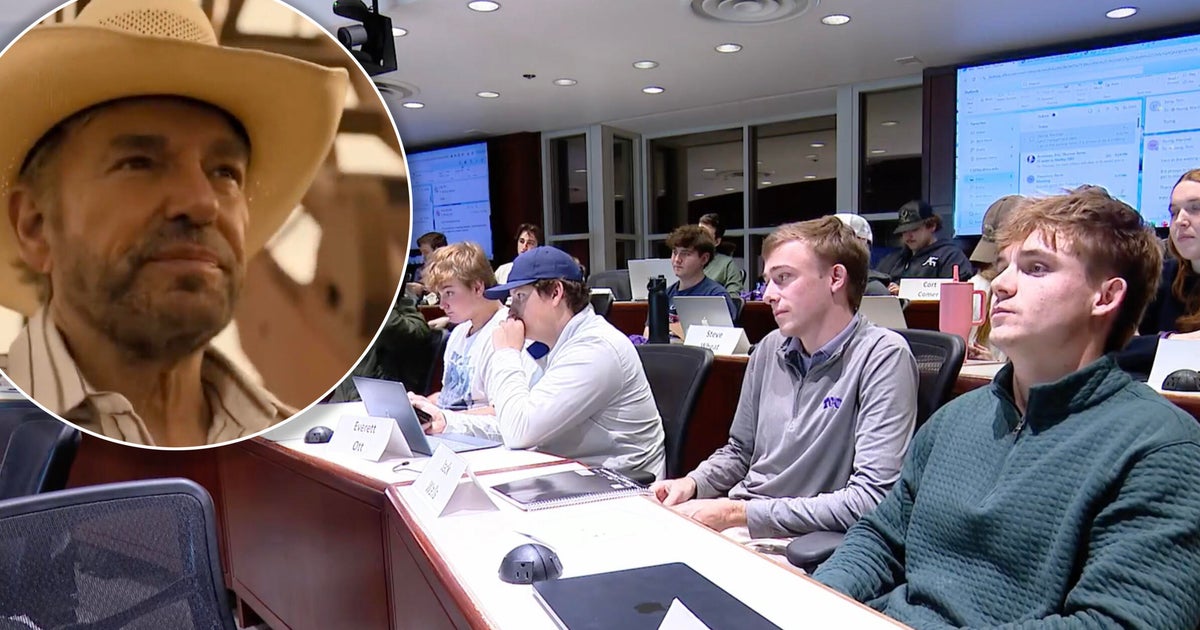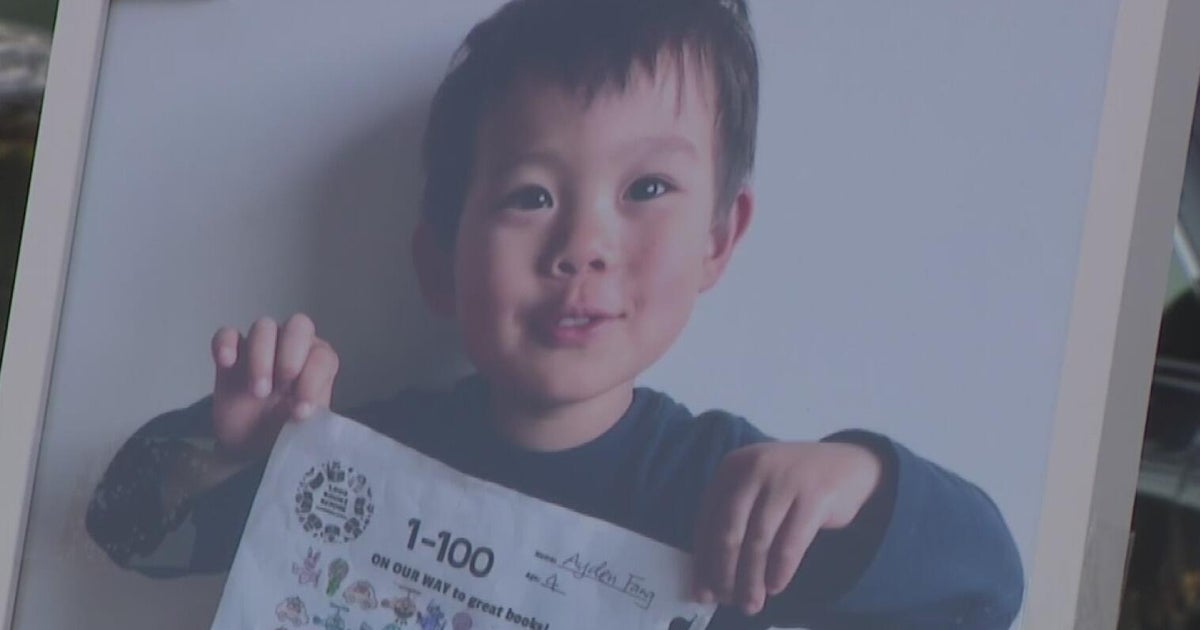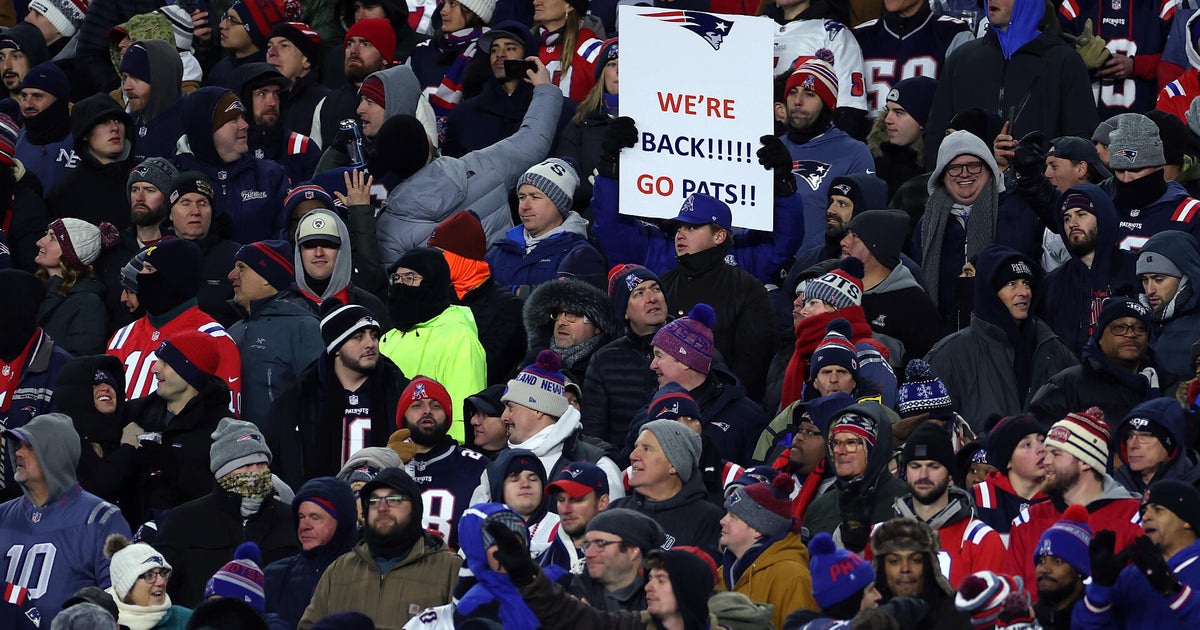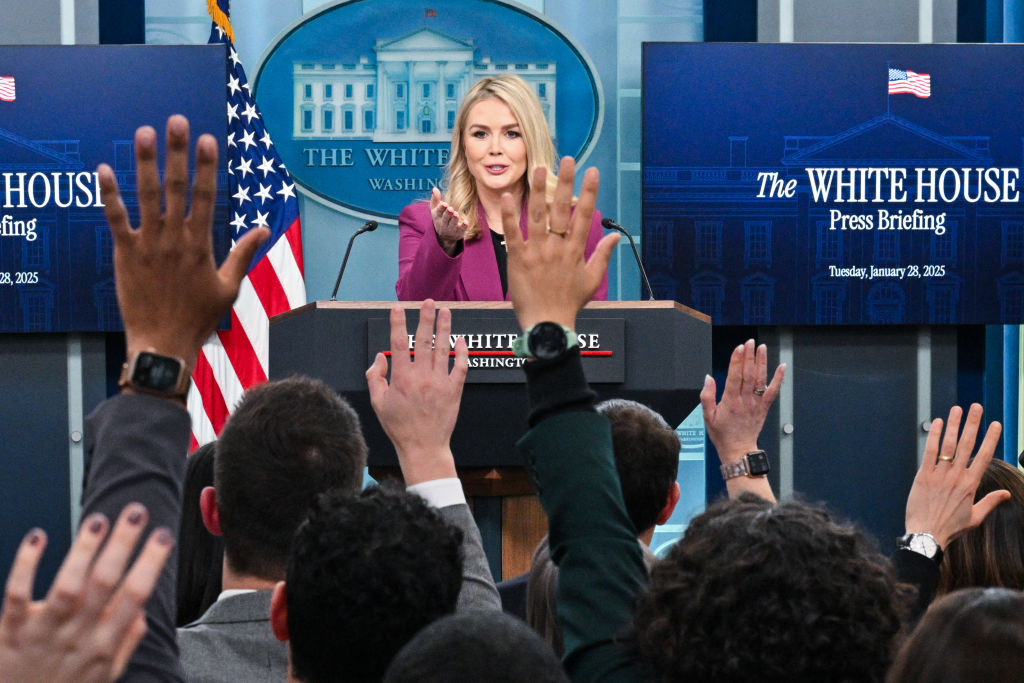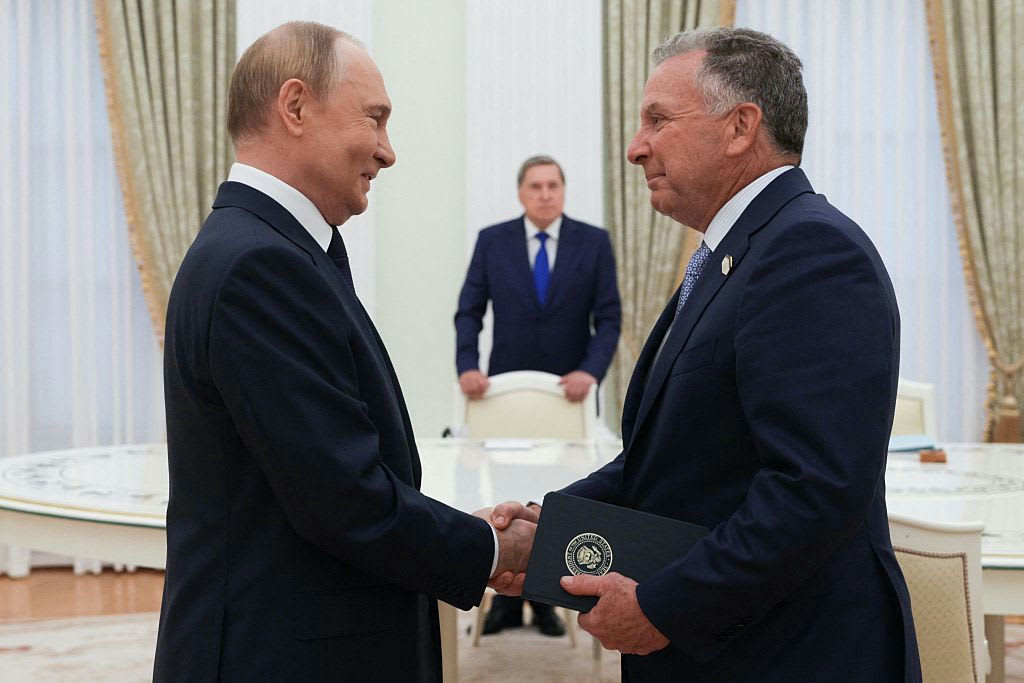Steve Martin: "Of course" the NFL said no to "Billy Lynn's Long Halftime Walk"
Actor, writer and comic legend Steve Martin gets serious to discuss his latest project, “Billy Lynn’s Long Halftime Walk,” about the early days of the Iraq War -- a subject he sees sticking around for quite some time in Hollywood.
In the film -- directed by Ang Lee and co-starring Kristen Stewart, Vin Diesel and newcomer Joe Alwyn -- Martin plays Norm Oglesby, the owner of a fictional professional football team. Martin told CBS News that there’s a very good reason the NFL didn’t license its name and team logos for use in the film, even if Beyonce and Destiny’s Child did.
This film takes place 12 years ago. How odd is it to think of that as a period of history now?
I had a similar experience, because I wrote a play -- which is running right now in Connecticut -- called “Meteor Shower,” and I wrote it in about 1995. I kept working and I kept working on it, and I gave it to the producer and he says, “Well, you’re going to update it, right?” And I looked at it and thought, “Wait a minute, if I update it to 2016, in five years it’s going to be a period piece, so why not leave it in the correct period that it was written in and refers to?” And that’s what I decided to do, just leave it as a period piece, because “period” is 10 years, right? Five years? Ten years?
Does it feel strange to look at the Iraq War in that way, as something that’s all behind us?
Seems like it’s all one long war.
Do you think this is going to be a topic that will just not go away anytime soon for filmmakers?
Yes, because there’ve been several very successful movies that deal with the subject of -- let’s just put it this way -- Americans in the east, the war in the east. “Hurt Locker,” for example. And I think people are interested. “Lone Survivor” was a huge hit, right? So I think these movies will continue to be made. They’re tricky. They’re very, very tricky. I think “Billy Lynn” is a very tricky movie because you can have half the country saying, “What’s he saying?” and another half saying, “Wait, I think he said this, I think it’s about this.” I think it’s going to be complicated.
The film doesn’t shy away from differing viewpoints on the war and the insurgency and the idea of radicalization. Was that at all something that stood out to you?
I didn’t really judge it politically at all. I was going to play a character that I felt I understood. But I really felt it was really about the brotherhood of soldiers. You know, they were in a way like an Italian family -- there’s a lot of fighting and talking and things, but then total love at the end.
Speaking of your character, you’re playing a football team owner, and the NFL is notoriously careful about what they do and do not attach their name to. Clearly in this film, it’s not an NFL team, while you have actresses playing Destiny’s Child for the halftime show. What did you think of the efforts to still make it feel authentic with the NFL signing off?
Well, I didn’t really get into that. It didn’t bother me at all. It looked like a football team and it looked like a real environment -- and it was. Of course the NFL wouldn’t want to be represented in the movie -- although I think they’re fairly represented, you know? There is an element in the movie where the football players kind of thought of themselves as being in a war and the young soldiers are thinking, “You’re not in a war, war’s very different.”
There are these sorts of wealthy, influential men -- like your character -- whose perspective is very different from the average person’s. Do you think he learns anything from this story?
I don’t think so. I think this type of guy has a very successful personality set, but I do think he’s affected by Billy. In fact, he says in his speech to the soldiers, you know, “I was never tested like you.” In a sense, he says, “I envy you. I will never have that experience.” But that’s his idea of manhood that he’s trying to fulfill. He sees being a soldier as manhood, and that’s what he feels he’s missing. But, you know, manhood is many things. But he has a very specific, maybe narrow view of what manhood is.
How are you, as a public figure and comic voice, coping with current events?
I just lay low. I don’t consider myself a pundit, and there are plenty of people who are very good at it. In order to make a political comment, you have to really be informed and you have to have the opportunity to back up your statements, because the reactions are so swift and volatile that I really just don’t even want to get involved.
I’m impressed you’ve managed to maintain a presence on Twitter without it souring, which often happens. Do you have a social media strategy?
No, I don’t. I generally think twice first, that’s for sure. But my followers have proven to be pretty funny themselves. They enjoy getting into it. But it does keep me out of the news, which I like, you know?
“Billy Lynn’s Long Halftime Walk” is in theaters everywhere Nov. 18.
